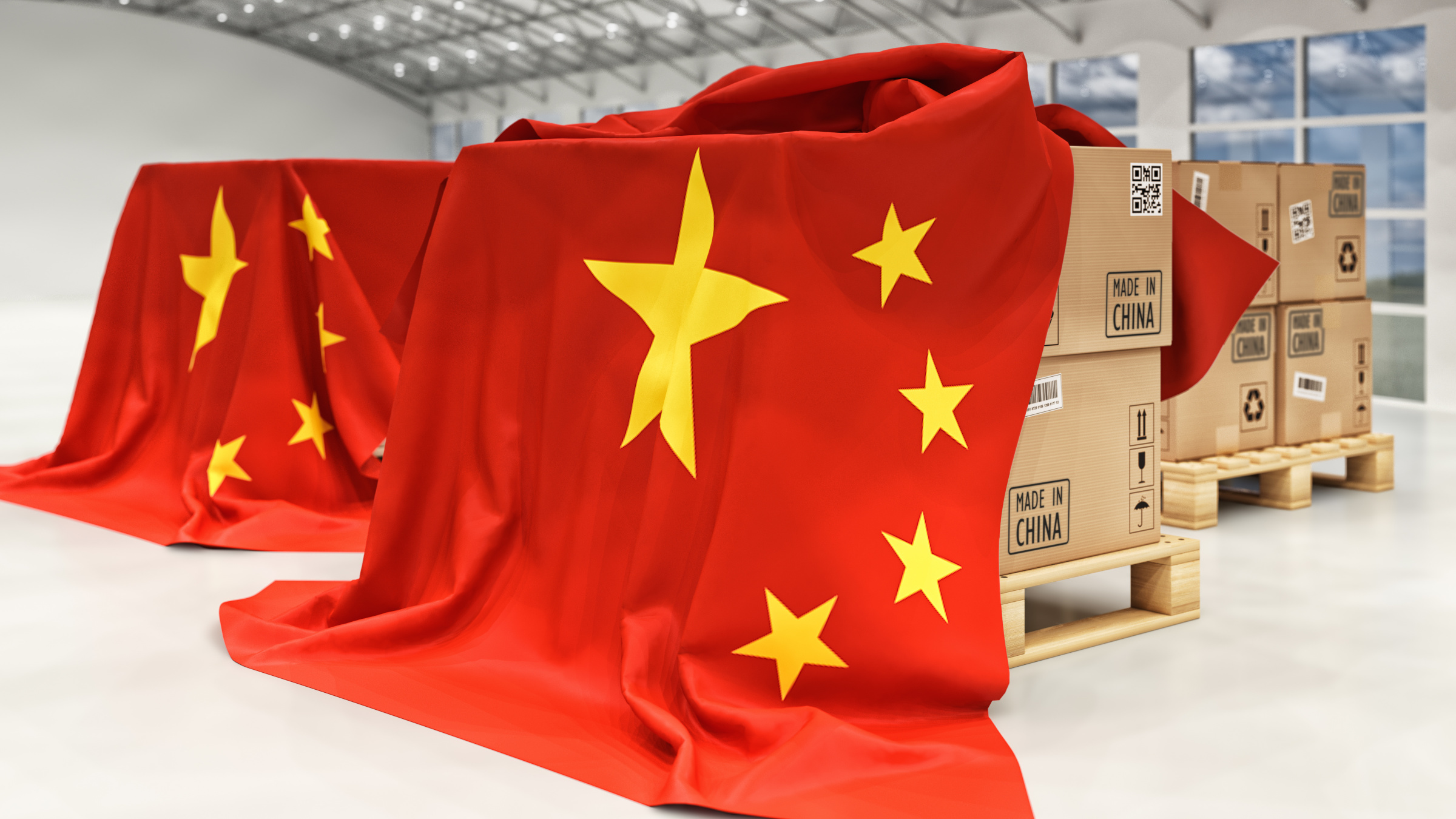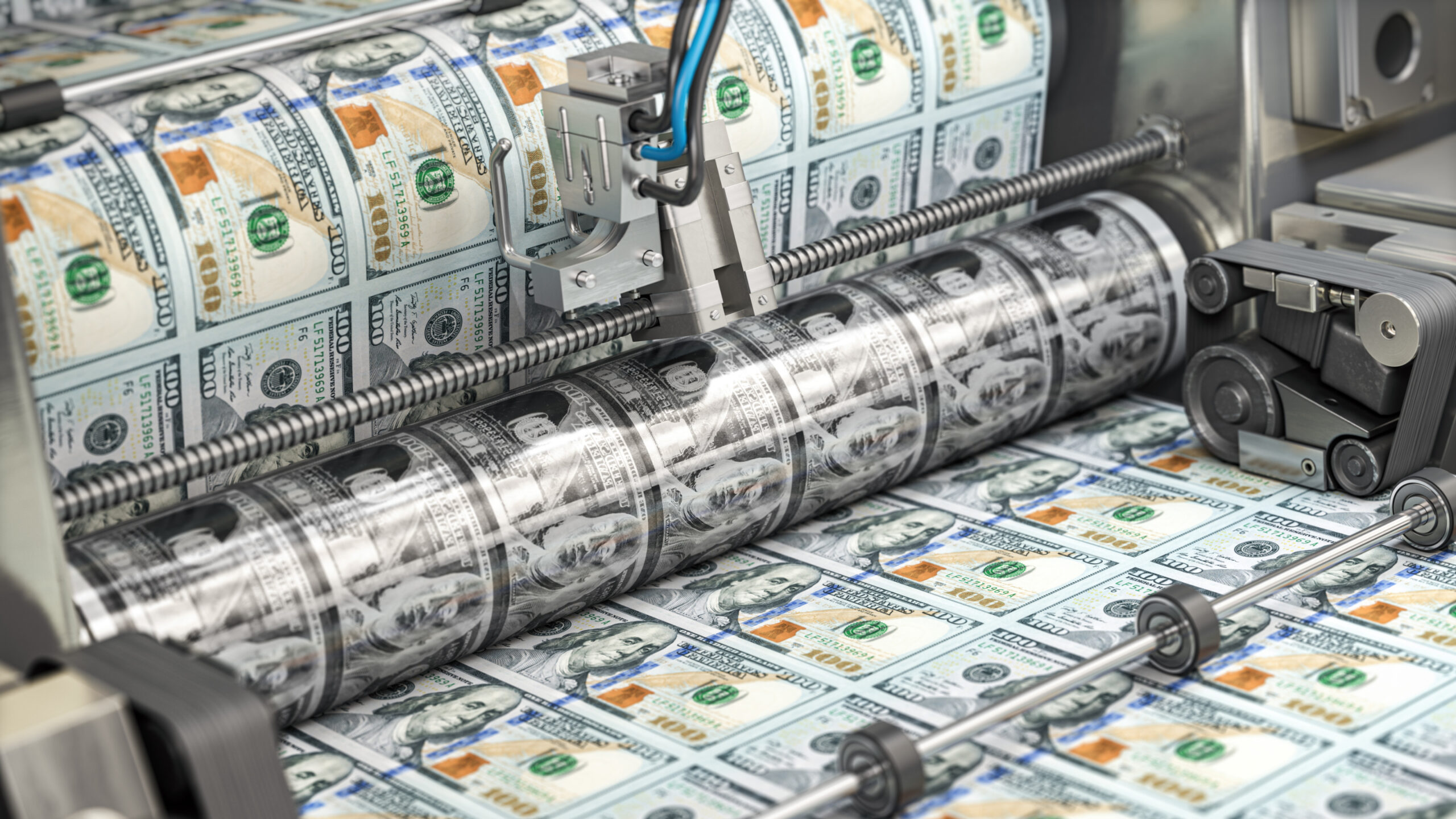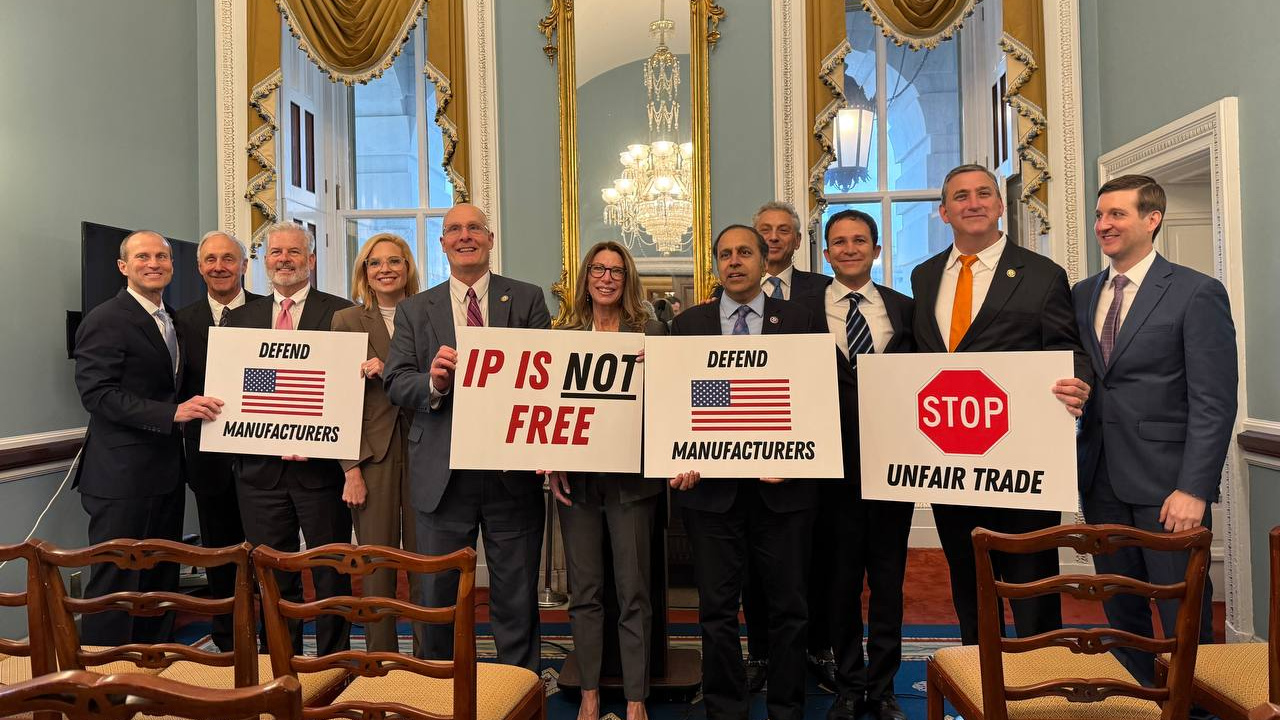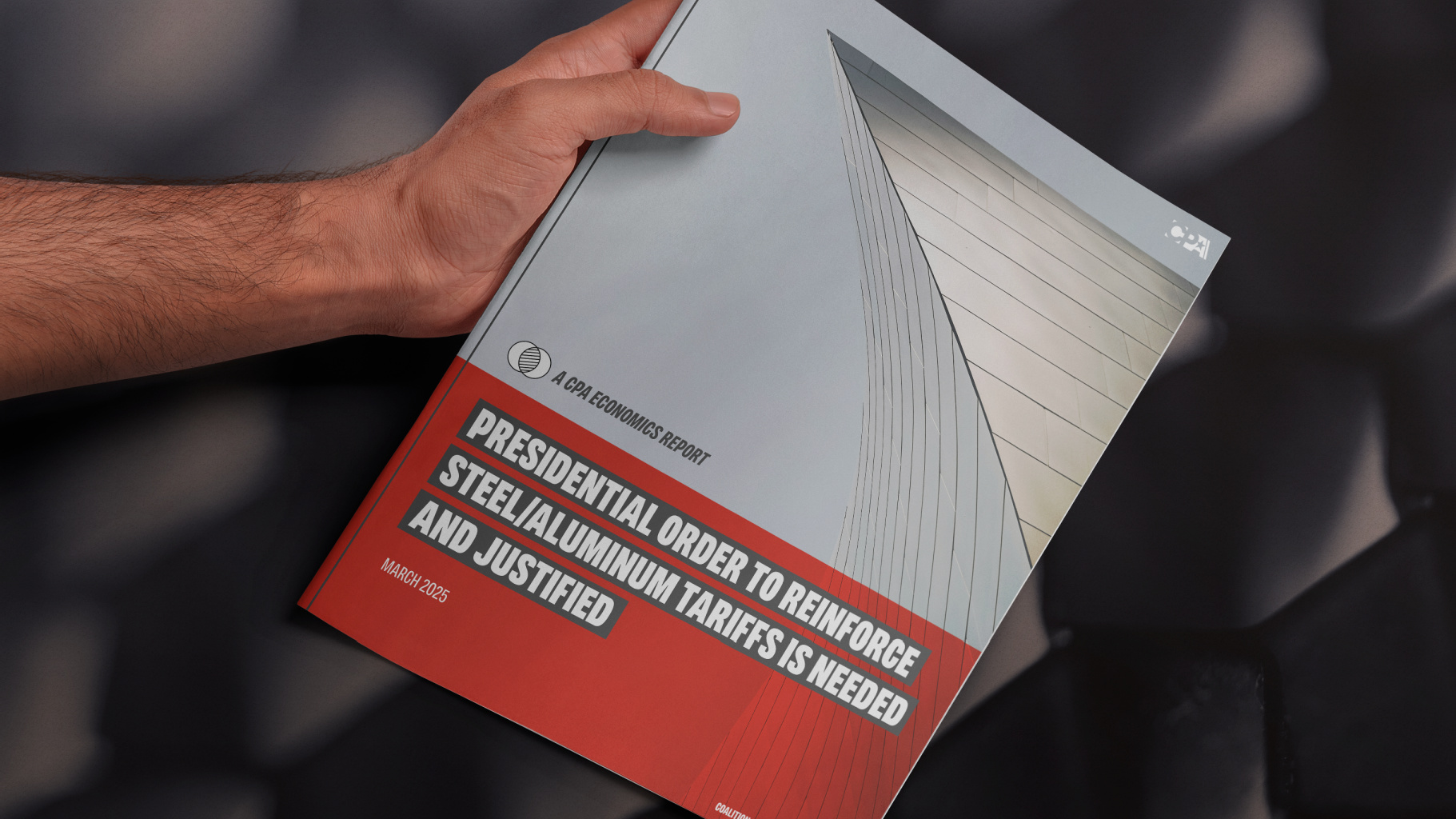
In an election defined by Donald Trump’s ethnocentrism, there’s at least one thing that both his and Hillary Clinton’s campaigns agree on: They want to unravel the Trans-Pacific Partnership, the largest regional trade pact meant to tie closer together the United States, Japan, and 10 other nations around the Pacific Rim. Over the protests of major U.S. business federations and the Obama administration, the presidential candidates argue that the pact benefits other countries’ workers over our own.
[Alex Rogers| August 4, 2016 |National Journal]
The unusual political alliance between the Left and the Right—which stretches to runner-up Sens. Bernie Sanders and Ted Cruz—means that the agreement’s best chance through Congress is in the brief time after the elections and before either Clinton or Trump takes the oath of office. And even then the prospects don’t look good.
Labor groups and their Democratic allies in Congress see TPP as a demarcation line in the United States’ approach to trade. Rep. Sandy Levin, a key Democratic critic, is not only sure that a vote on TPP would fail, he thinks its downfall has already ushered in a “new age.” He argues that the basic economic theory of comparative advantage, one of the most important concepts in international-trade theory, is antiquated in a world of currency manipulation, competition with huge state-owned enterprises, and countries’ varying standards for collective-bargaining rights.
“That old notion—whatever its justification was a century or two ago—doesn’t work today,” he said. “This is a new age. That’s why you need to take a totally fresh view and review of the overall trade policy.”
“I think we are finally turning the corner on the current free-trade model,” adds Bill Samuel, the AFL-CIO’s director of government affairs. “We want [the White House] to start over again and focus on strengthening manufacturing and jobs in the U.S. first.”
Meanwhile, many of those in support of the deal won’t say whether they expect a vote this fall. The most depressing signals for TPP supporters have come from Senate Majority Leader Mitch McConnell and House Speaker Paul Ryan, both historic supporters of free-trade deals who have thrown doubt on the deal’s outlook. Ryan has consistently said he doesn’t think there are the votes for it, while McConnell, just before leaving for the summer recess, said TPP’s chances for consideration this year were “pretty slim.”
In the weeks since, its chances haven’t gotten much better. On Monday, six Republican congressmen who supported granting Obama greater trade authority urged the president not to send TPP to Congress for a vote in the lame duck. Noting that three other like-minded GOP members came out in opposition to the pact earlier this year, the TPP opponents at the Communications Workers of America look at the numbers in the House and claim that that the agreement is “virtually dead.”
One major reason why the pact’s future is murky is that all of the administration’s allies aren’t fully committed. In particular, it needs Sen. Orrin Hatch, the Senate Finance Committee chairman who has aired his concerns over one of the last provisions negotiated in the agreement concerning intellectual-property protections for pharmaceutical companies making biologic drugs. While TPP supporters note that the administration has largely fixed other disagreements with key groups, including those in the financial-services and dairy-production industries, the administration will need to find a way forward to satisfy Republicans with ties to the pharmaceutical industry for Congress to ratify the deal.
“The clock is ticking,” said House Ways and Means Chairman Kevin Brady, a key Republican backer of the deal. “It’s important that the White House pick up the pace if there is to be support for approving or considering it this year.”
Supporters of the pact press their case on more than just economic grounds; the projected benefits of TPP to the U.S., which largely has free markets already, are small. According to the nonpartisan U.S. International Trade Commission, the agreement would increase U.S. gross domestic product by .15 percent, or $42.7 billion, by 2032, and employment by 128,000 full-time jobs. But it would set new labor, environmental, intellectual property, and other rules, provide a larger economic boost to more protectionist countries involved such as Vietnam, and eliminate more than 18,000 taxes on U.S. products, according to the Obama administration. TPP proponents also employ a strategic argument; eight former secretaries of Defense are in support of the deal in part as a counter to China’s influence in the region.
“It should be ratified,” said John Engler, the president of the Business Roundtable, an association of major U.S. corporations’ CEOs. “The failure to do that would represent a significant loss in U.S. credibility and prestige.”
“Clearly, it has significant implications in terms of our role as a leader in global trade,” added Engler, the former Republican governor of Michigan. “The United States has stood for the proposition of bringing barriers down—and opening markets is the way to help lift people out of poverty.”
TPP opponents like Levin argue that the ITC report didn’t adequately take into account how the pact would affect income inequality and wages. In the interview, Levin also rejected the strategic argument, saying, “This is a trade agreement and it has to be basically judged in terms of its impact on the standard of living in the United States of America.”
The Republican and Democratic conventions were clear indicators that the parties have broadly embraced the arguments of TPP’s opponents, even as publicpolls show a majority of Americans broadly in favor of the concept of free trade. They showed a marked political shift from even four years ago. In 2012, the GOP platform pledged that a Republican president would complete TPP negotiations; in 2016, Trump decried the deal in his speech accepting the party’s nomination. In 2012, then-Secretary of State Hillary Clinton called TPP the “gold standard” in trade agreements; in 2016, it was hard to miss the Democratic crowd’s anti-TPP signs and heckles even while President Obama was speaking.
Despite the clear advantage among anti-TPP advocacy groups, neither side will let up in the coming weeks. Kevin Madden, a strategist of the BRT-affiliated group Trade Benefits America, noted that they countered the on-stage rhetoric at the conventions with digital advertising, rapid-response media outreach, and geo-targeting attendees with pro-trade messages. The group will continue to connect its members and companies to officials, resulting in up to 70 letters to congress members a day. Samuel said the umbrella union group is also focused on its “fairly narrow” target list to make sure TPP is defeated this year.
“There’s no other scenario for this vote to happen,” he said. “We’re not taking our foot off the gas.”












